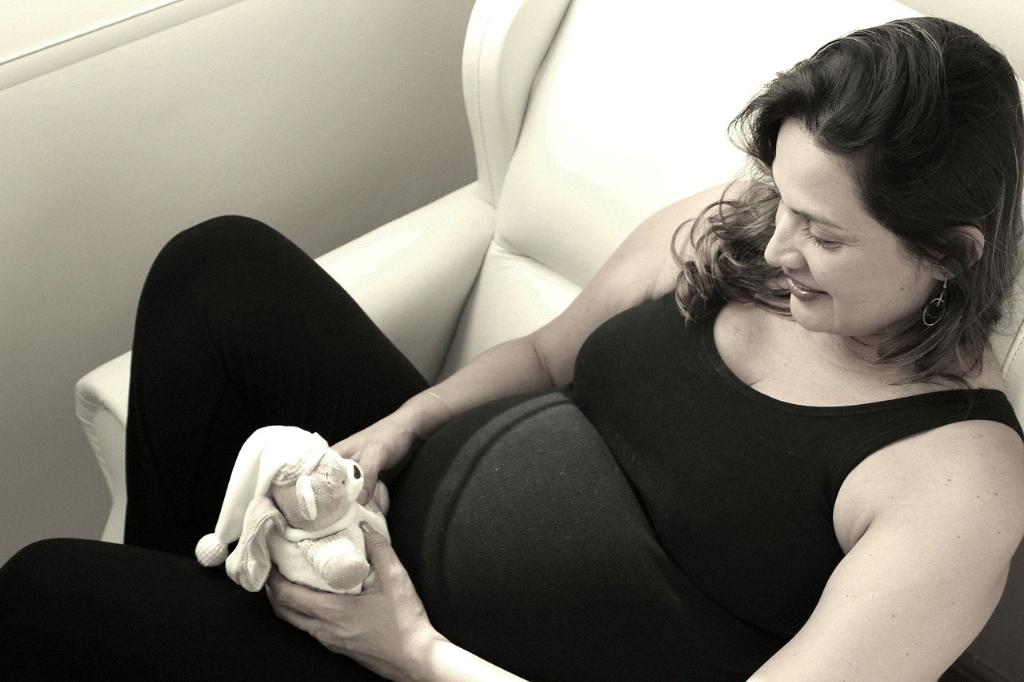So, you’ve welcomed your little one into the world, and now you’re facing another challenge: postpartum stomach pain. It’s a common phenomenon that many new mothers experience in the first few weeks after childbirth. The culprit behind this discomfort is often what medical professionals refer to as “afterpains.”
What are Afterpains?
Afterpains are cramp-like sensations in the abdominal region that closely resemble the menstrual cramps you may have experienced before your period. These cramps are especially common in the initial six weeks following delivery and can vary in intensity from mild to severe. They are essentially your uterus contracting as it returns to its pre-pregnancy size and position.
Causes of Postpartum Stomach Pain
The primary cause of postpartum stomach pain is the body’s natural mechanism to expel the excess blood and tissue that built up in the uterus during pregnancy. The contractions help shrink the uterus back to its normal size, a process known as involution. Hormones such as oxytocin play a crucial role in stimulating these contractions.
Intensity and Duration of Afterpains
The intensity and duration of afterpains can vary significantly from one woman to another. Factors such as the mother’s overall health, whether it’s her first or subsequent pregnancy, and whether she’s breastfeeding can impact the severity of the cramps. Typically, afterpains are more pronounced in women who have had multiple pregnancies.
Managing Postpartum Stomach Pain
Although afterpains are considered a normal part of the postpartum healing process, there are several strategies you can employ to help alleviate the discomfort. Applying a heating pad or taking a warm bath can help relax the abdominal muscles. Over-the-counter pain relievers such as ibuprofen may also provide relief.
When to Seek Medical Attention
While afterpains are generally harmless, there are instances where stomach pain postpartum may indicate a more serious issue. If the pain is sudden, severe, persistent, or accompanied by other concerning symptoms such as fever or excessive bleeding, it’s crucial to seek medical advice promptly.
Support and Rest
Remember that your body has just undergone a significant process, and it’s essential to give yourself time to recover. Lean on your support system – whether it’s your partner, family, or friends – to help with daily tasks so you can focus on rest and healing. Adequate rest and hydration are vital for your body’s recovery.
Emotional Wellness
It’s not just physical healing that’s important postpartum – emotional well-being plays a significant role as well. The hormonal fluctuations after childbirth, coupled with the challenges of caring for a newborn, can take a toll on your mental health. Don’t hesitate to reach out for emotional support if you’re feeling overwhelmed or anxious.
Postpartum Check-ups
Regular postpartum check-ups with your healthcare provider are essential to monitor your recovery and address any concerns you may have. Be open and honest about your symptoms, including any stomach pain or discomfort, to ensure that you receive the necessary support and guidance.
Self-care Practices
Incorporating self-care practices into your daily routine can aid in your postpartum recovery. This may include gentle exercises, such as pelvic floor exercises and postnatal yoga, to help strengthen your muscles and improve circulation. Eating a nutritious diet rich in vitamins and minerals can also support your body’s healing process.
Patience and Understanding
Remember that healing takes time, and it’s essential to be patient and gentle with yourself as you navigate the postpartum period. Your body has undergone incredible changes to bring new life into the world, and it deserves kindness, understanding, and care as it heals and adjusts to this new chapter.
Conclusion
In conclusion, postpartum stomach pain, often attributed to afterpains, is a normal part of the body’s healing process after childbirth. By understanding the causes of this discomfort and implementing strategies to manage it effectively, you can navigate this phase with greater ease and comfort. Remember to prioritize your well-being, seek support when needed, and embrace the journey of postpartum recovery with patience and self-compassion.

